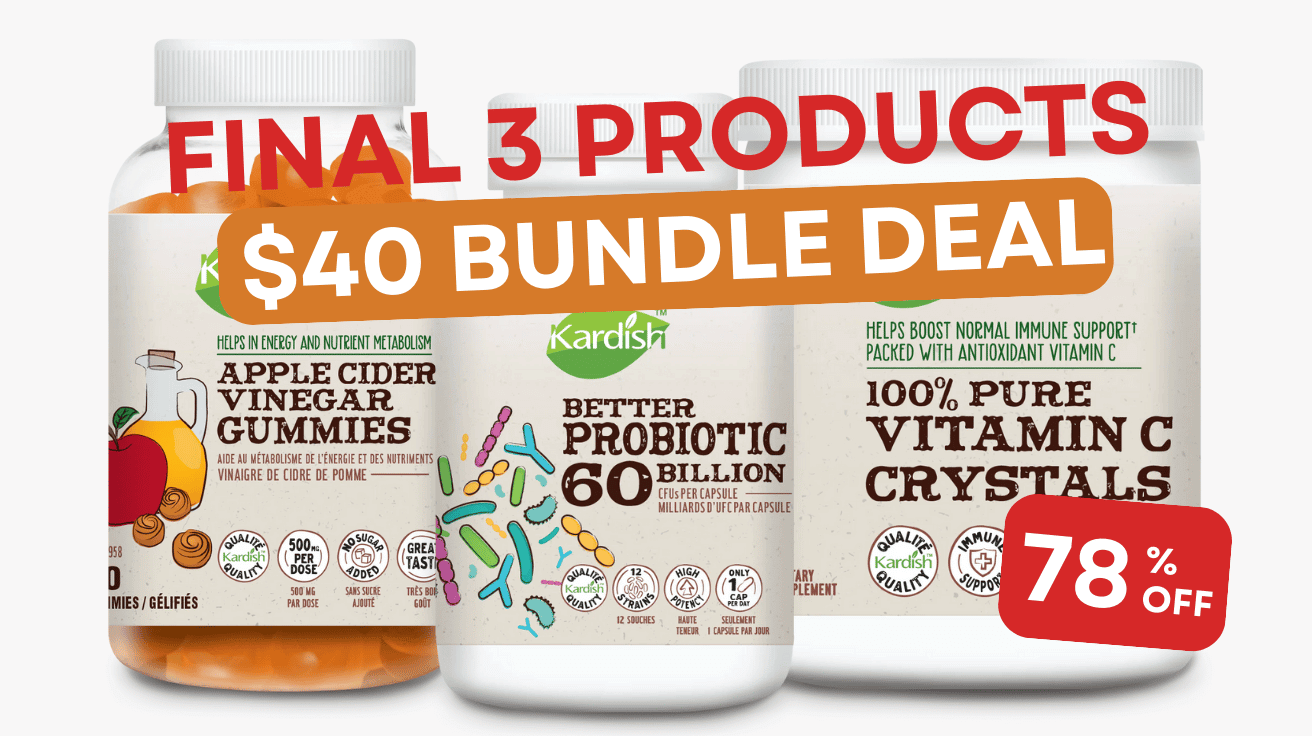
What is orange in colour, sour in taste, and grown in areas throughout Europe and Asian? Why, Sea Buckthorn berries (also known as hippophae rhamnoides) of course! Clinical investigation suggests that the oil, which is available in supplement, topical oil and cream forms, has a wide range of positive effects.
Have you heard about Sea Buckthorn’s many benefits, and want to give it a try? We suggest Sibu, which is featured in ourflyer this month. Want to learn more? Read on.
Mysterious Omega-7
Omega-7 fatty acids (also referred to as palmitoleic acid) are hard to come by in the diet. With small amounts being found in macadamia nuts and cold water fish, the best source of this monounsaturated fat is sea buckthorn berries. However, little research has been done on the benefits of omega-7 supplementation when compared to omega 3 and 6.
Skin Health
Sea buckthorn pulp oil has specifically been shown to improve atopic dermatitis when taken internally. It has also been shown to improve symptoms in postmenopausal women experiencing vaginal dryness, itching and burning making it a natural alternative for women who are unable to use estrogen treatments.
Using sea buckthorn oil topically in the form of lotions and cream may also provide benefits, as much of what it put onto the skin in absorbed into the body. Animal studies have shown that sea buckthorn oil has significant wound healing abilities, making it a great treatment for sun damaged skin.
Cardiovascular Health
Historically, sea buckthorn berries have been used for digestive ailments, skin issues and cardiovascular support. In today’s era, heart disease has become a major concern. Palmitoleic acid found in sea buckthorn oil has been shown to reduce coronary heart disease risk and increase insulin sensitivity.
Be Mindful
It’s important to keep in mind that our bodies require a specific balances of all the essential fatty acids, with some being more prevalent than others in our diets. Take for example omega 3 to omega 6. We often consume too much omega-6 in the Standard American Diet (linked to inflammation and disease) and consume very little anti-inflammatory omega-3. Being mindful of food sources of essential fatty acids when incorporating a supplement is key. Always follow label recommended doses and consult your health care provider for contraindications and interactions.



Leave a comment (all fields required)